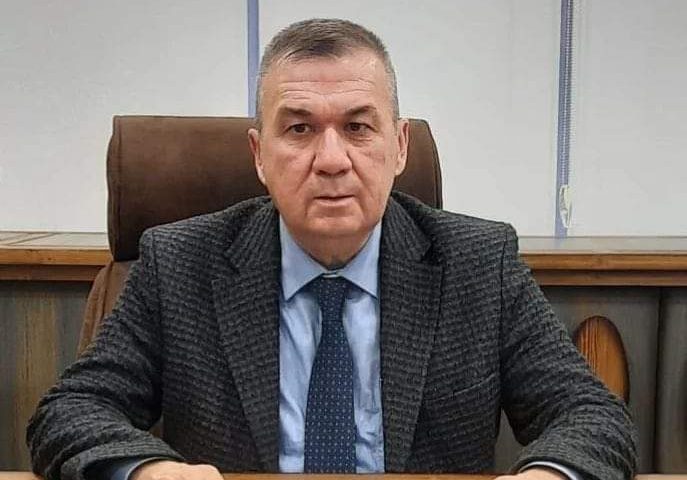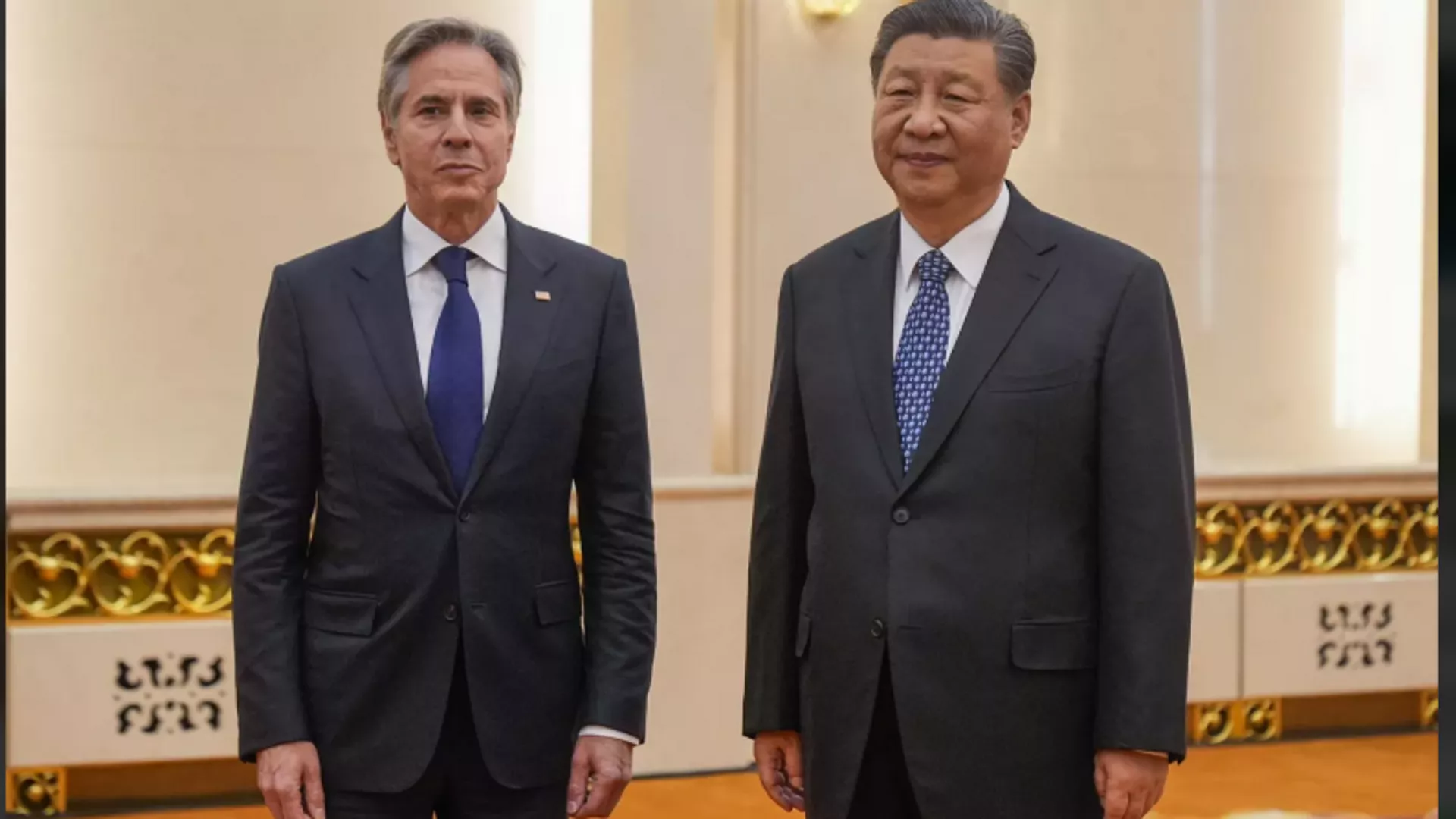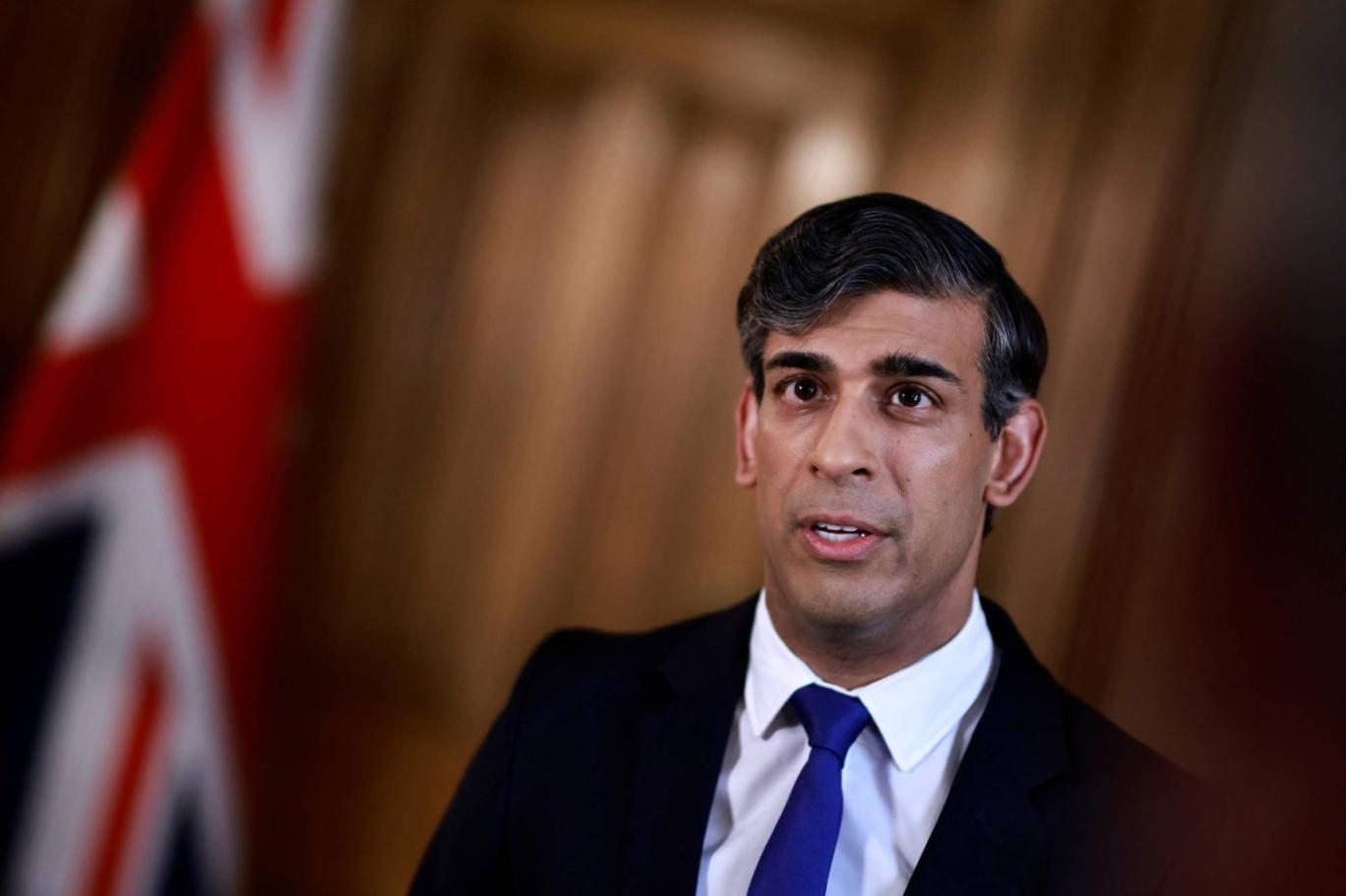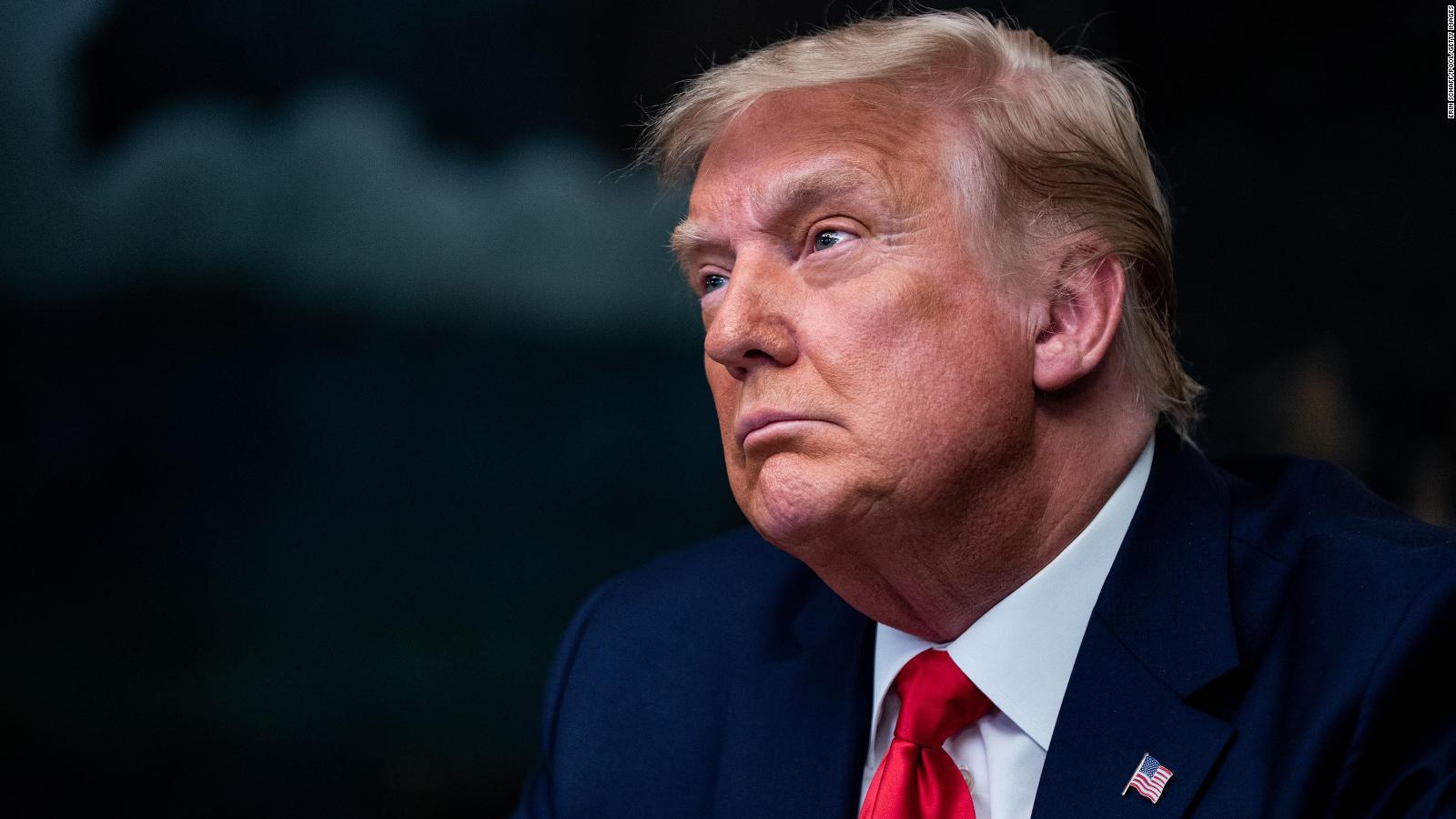After Russia imposed the ‘death penalty’ on two British soldiers, Britain and Ukraine began their ‘swap’ efforts, while Russia’s response to criticism increased tensions even more. While almost everyone in the West is sure that the decision to execute Putin was taken to strengthen his hand, it was a matter of great curiosity what the Russian leader would want in return for the British soldiers.
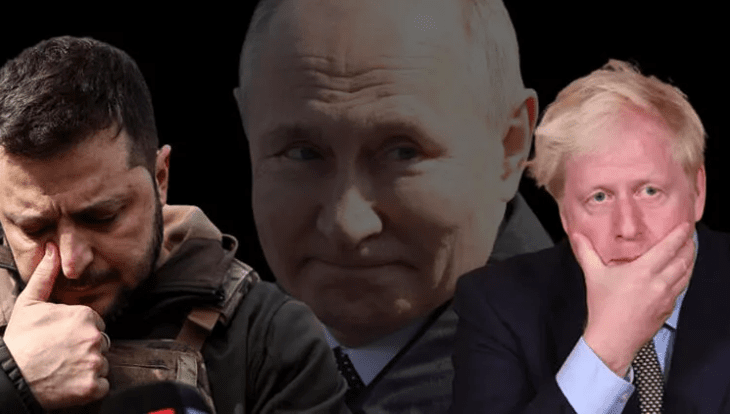
Ukraine’s ambassador to the UK, Vadym Prystaiko, announced that Ukraine would exchange prisoners to secure the release of two Britons sentenced to death.
Prystaiko told the BBC that there would be a swap for Russian prisoners held by Ukraine for British soldiers, both held in the separatist Donetsk People’s Republic and sentenced to death, adding: “There will be a swap, but what matters is what the price will be. The Russians, as I understand it, want to be given Ukrainian deputies who have been working for them for a long time,” he said.
RUSSIA TARGETS US FOR OUR SUPPORT FOR UKRAINE
Stating that Britain was targeted by Russia because of its ‘clear position’ in the Ukraine war and its support for the Kiev government, the ambassador stressed that the British soldiers, whom he said were ‘our people’, had been living in Ukraine for a long time, had contracts with the army, and therefore were legitimately present in Mariupol.
MINISTERS PROMISE: WE WILL TRY EVERY WAY
The ambassador’s ‘swap’ came just after British Foreign Secretary Liz Truss and Defence Secretary Ben Wallece promised to do everything in every way to ensure the health of British soldiers.
Foreign Minister Truss met twice with Ukrainian Foreign Minister Dmytro Kuleba for the release of the British soldiers. Defense Minister Ben Wallace paid a sudden visit to Ukraine, where he met with President Zelensky and his Ukrainian counterpart Oleksii Rezniko. It is claimed that two captured British soldiers were also discussed during the visit.
An unnamed source said that the British government had negotiated with the Ukrainian government at all levels for the two soldiers and that a lot of work had been done through the back channels, adding: “We are not ignoring any possibility, we are trying every way.”
DESCRIPTION OF TENSION SALT PEPPER
The Kremlin responded to the backlash from both the UK and international circles following the imposition of the death penalty on two British soldiers with a statement that would further escalate tensions.
Russian Foreign Ministry Spokeswoman Maria Zakahharova claimed that Britain is not interested in the fate of the two British fighters, saying, “There has been no request from the UK to the Russian Foreign Ministry about Pinner and Aslin. “That makes us think that London doesn’t really care about the future of its citizens.”
PUTIN’S MOVE WORKED, UKRAINE DOESN’T WANT TO LOSE BRITAIN’S SUPPORT
It is often said that the death sentence against the British soldiers is a move by Putin to strengthen his hand.
The Kremlin’s plan to put pressure on the British government, which is providing heavy weapons to Ukraine, seems to be working for the time being. While Britain is trying in every way to extradite its citizens, Kiev, which does not want to lose the support of Britain, is working hard to rescue British soldiers.
Ukrainian authorities yesterday vowed to investigate separatist officials who issued ‘death sentences’. Ukrainian Prosecutor General Iryna Venediktova said she had launched an investigation into the matter, adding: “We will take all necessary steps to bring to justice those involved in such unlawful acts.”
MERCENARY DEBATE
Russia claims that Aiden Aslin, 28, and Shaun Pinner, 48, who fought on the Ukrainian side and surrendered in the city of Mariupol, are ‘mercenaries’.
The British government says its citizens are not mercenaries but are staying in Ukraine through legitimate means. Government officials have repeatedly stressed that soldiers who voluntarily join the Kiev Army must have the status of ‘prisoners of war’ under the Geneva Conventions.
BORIS JOHNSON’S TOUGH TEST
It has been a matter of great curiosity what steps British Prime Minister Boris Johnson, who has fallen on hard times due to party scandals during the pandemic and 41 percent of the MPs in his own party has asked for his resignation, will take to secure the release of his citizens.
The Prime Minister, who retained his seat by passing a vote of no confidence by Tory MPs, now faces a tough new test.

